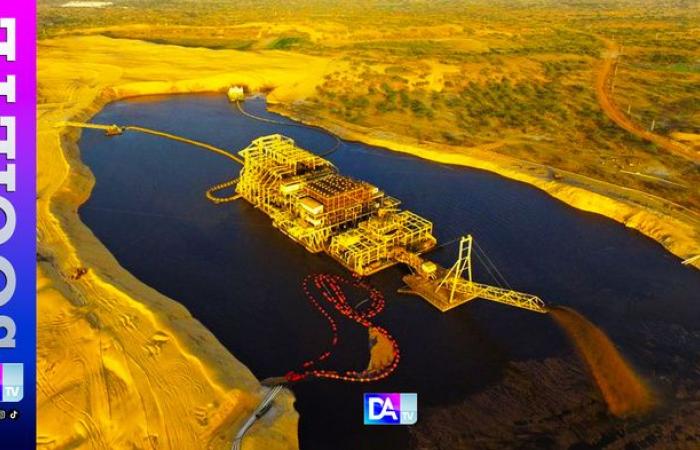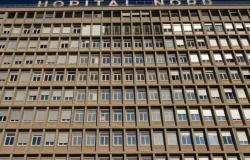A major scandal surrounds the exploitation of zircon in Senegal, orchestrated by Grande Côte Opération (GCO), a subsidiary of the French multinational Eramet. As Libération reveals, this activity, although promising for the national economy, is turning into a financial pit for the Senegalese state and an environmental disaster for local populations.
Colossal profits, crumbs for Senegal
Despite its position among the largest producers of zircon in the world, Senegal only harvests crumbs. As Libération points out, GCO, in which the State holds 10% of the shares, has never paid dividends. Officially, this situation is explained by debts that the company claims to still have to repay, in accordance with an agreement signed with the old regime.
Instead of dividends, GCO pays a paltry 4% royalty on the market value of zircon, a percentage well below what a country rich in natural resources should receive. But that's not all: Libération reveals that GCO sells its zircon to Emas, another Eramet subsidiary, at a price three times lower than the market price. A practice which maximizes Eramet's profits while drastically reducing revenues owed to Senegal.
Mining with serious ecological consequences
Beyond the financial aspect, the exploitation of zircon by GCO represents a direct threat to the environment and local populations. As Libération explains, thousands of hectares, particularly in the Niayes region in Lompoul, are undergoing irreversible degradation. Reforestation and dune fixation projects, supported by Spanish partners, are compromised by mining activity.
The environmental impacts listed by the Federation of Community Development Associations (Fadec Nord/Nesi) are alarming:
• Decrease in agricultural yields and reduction in horticultural areas.
• Soil pollution and risk of contamination of the water table, particularly by radioactive waste.
• Massive deforestation and destruction of local ecosystems.
• Proliferation of lung and kidney diseases linked to air pollution.
Despite these findings, the compensation promised to the affected populations is slow to materialize, reinforcing their feeling of abandonment.
A wind of protest against Eramet and GCO
Faced with these abuses, mobilization is intensifying. Lawyers, mandated by local organizations, sent a formal notice to GCO demanding an amicable settlement, threatening to take the matter to court. But as Libération reports, the company took no action on these steps, fueling the anger of local communities ready to physically oppose the exploitation.
An audit expected to lift the veil
The financial audit announced by the Société des mines du Sénégal (Somisen) could shed light on the questionable practices of GCO and Eramet. In its press release, Somisen points to problematic “conventional and financial practices” which deprive the State of the income it has the right to expect. But the issue goes beyond the numbers: it is also about protecting ecosystems and guaranteeing the rights of local populations, as Libération points out.
A symbol of sold-out sovereignty
The GCO affair illustrates the abuses of a system where Senegal's natural wealth benefits multinationals more than its citizens. The combination of financial and environmental scandals exposes the flaws in agreements made with foreign companies. For the Senegalese state, the time has come to lay the foundations for transparent mining that respects people and the environment.
With profits captured by Eramet and a weakened earth, zircon, a strategic resource, becomes the sad symbol of predatory exploitation. And as Libération points out, it is time for Senegal to regain control of its resources and guarantee a fair redistribution of wealth.
dakaractu






